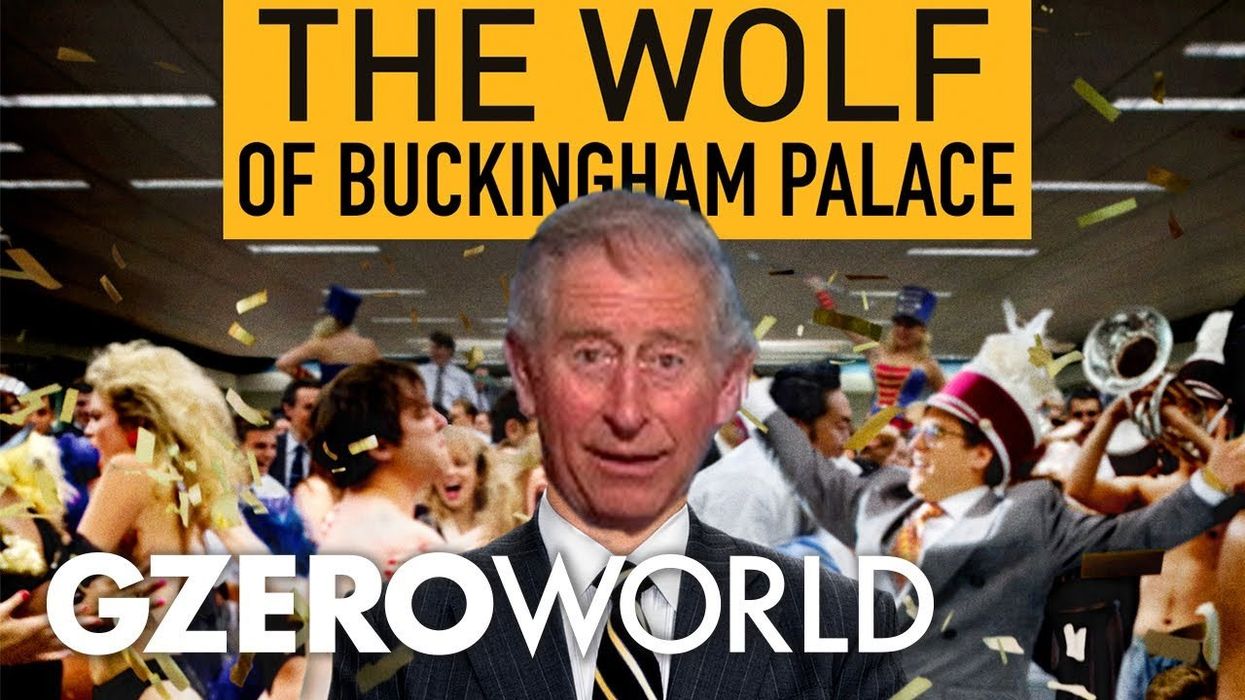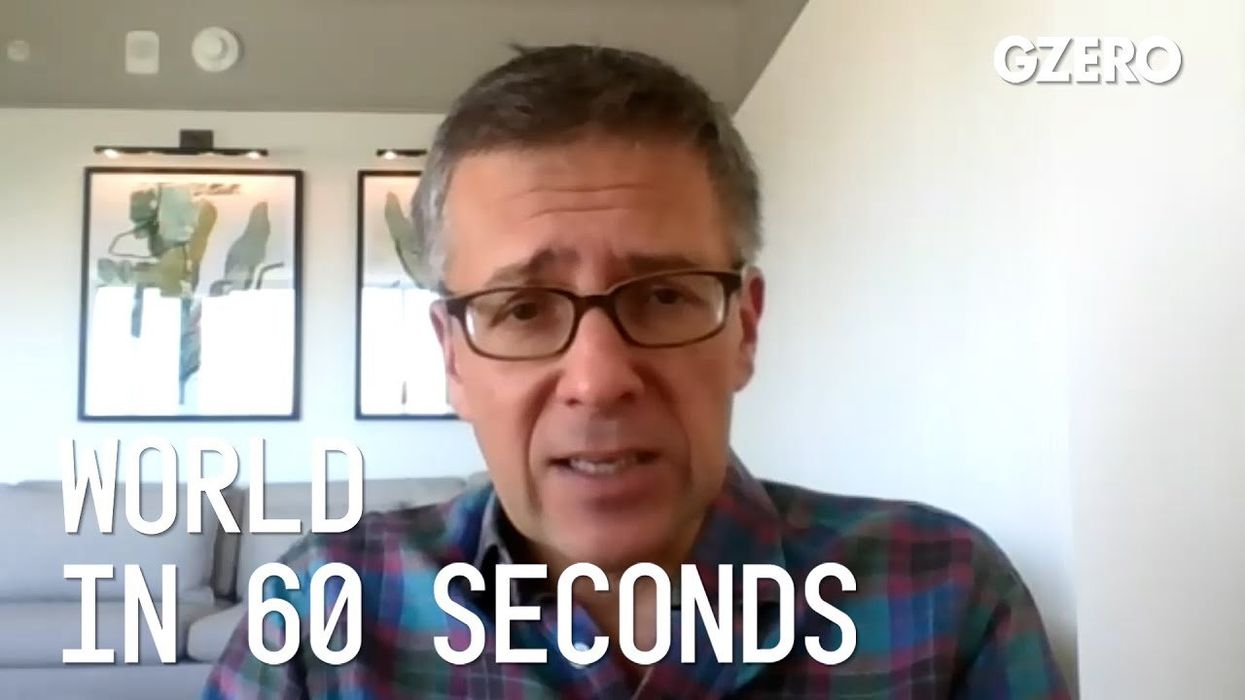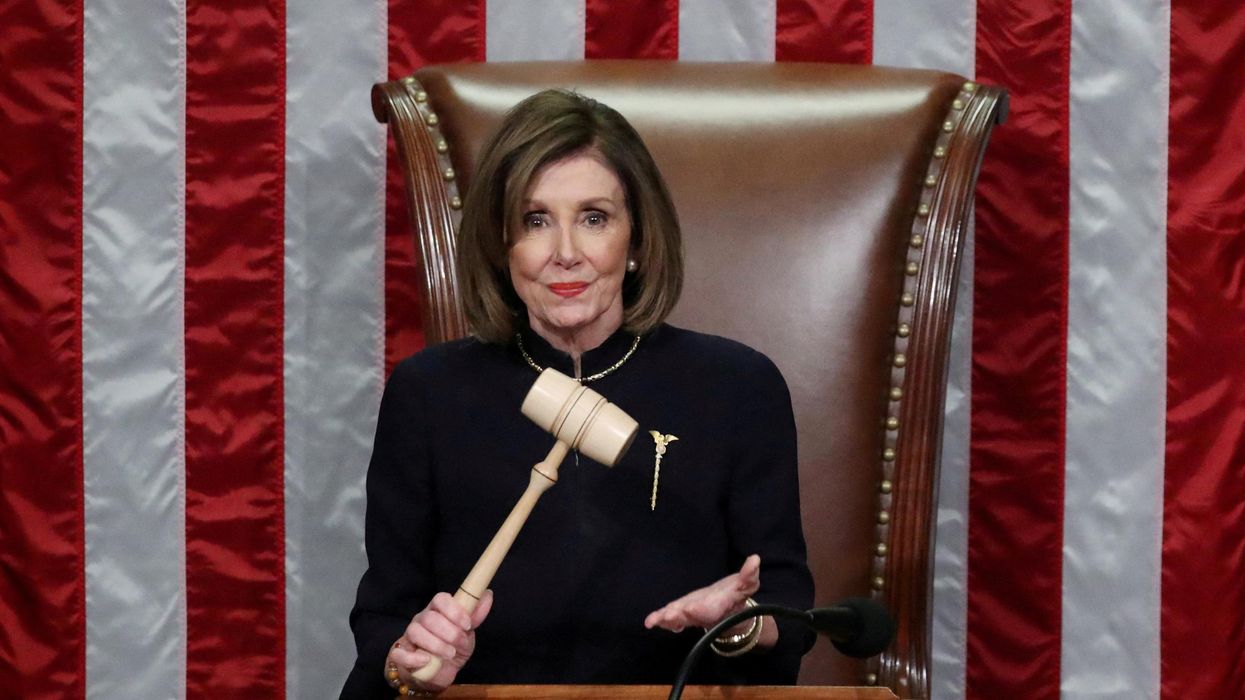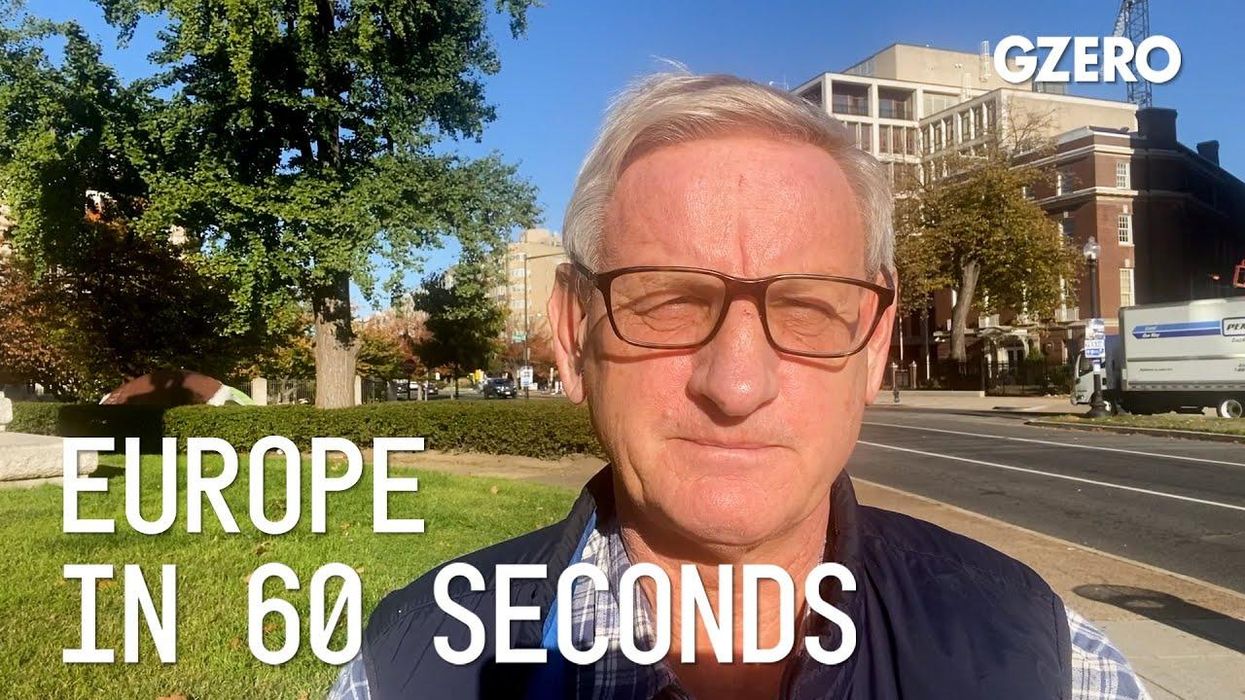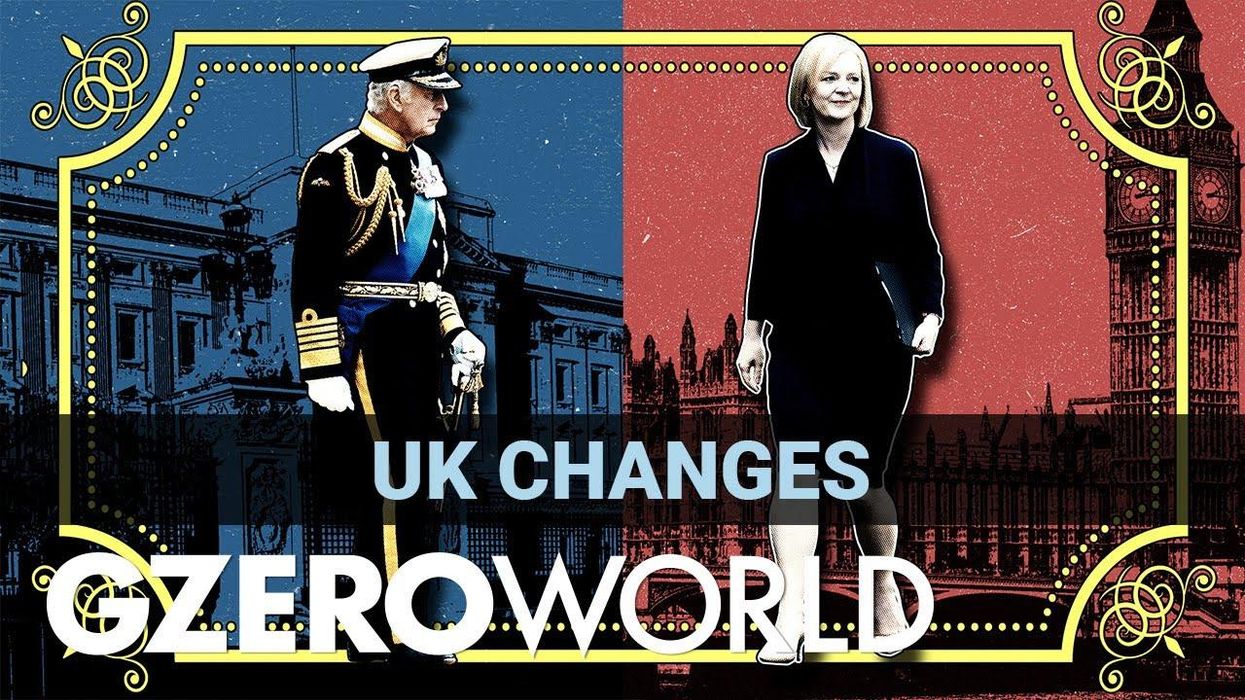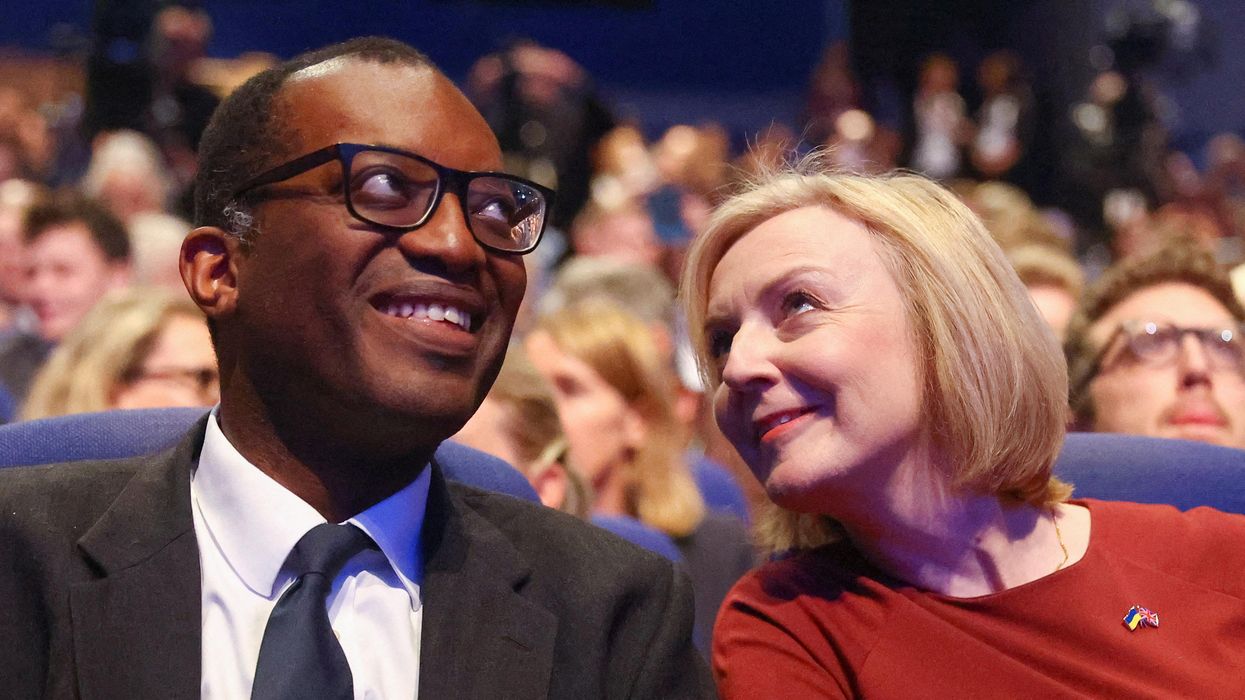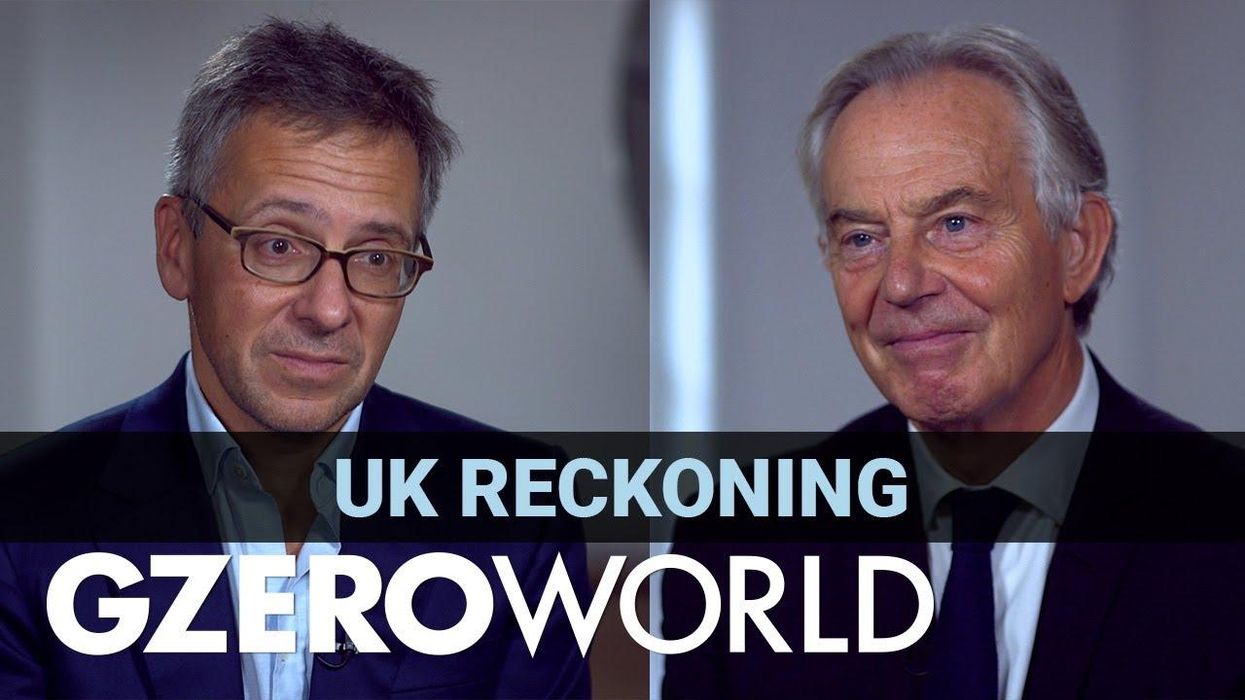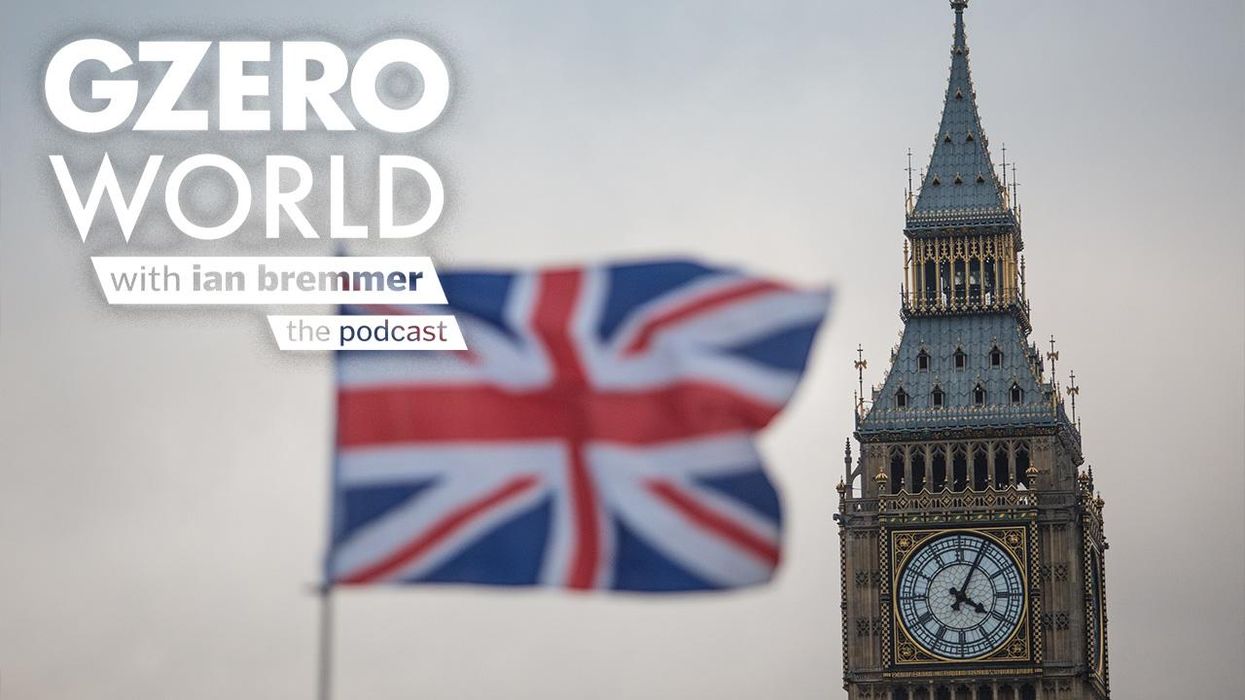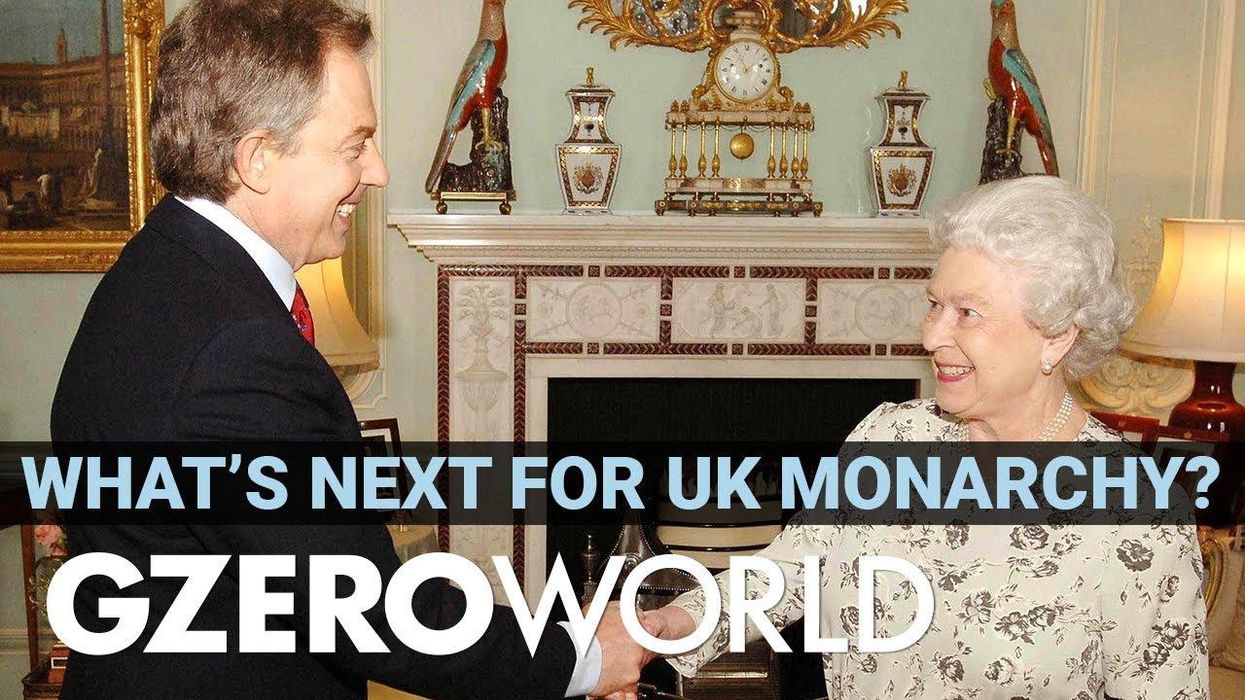GZERO World Clips
Is King Charles III the "Wolf" of Buckingham Palace?
Britain's King Charles III was only four years old when his mother was crowned in 1953. But at 74, he's now the oldest person to be crowned in British history, Ian Bremmer explains on GZERO World.
May 05, 2023
